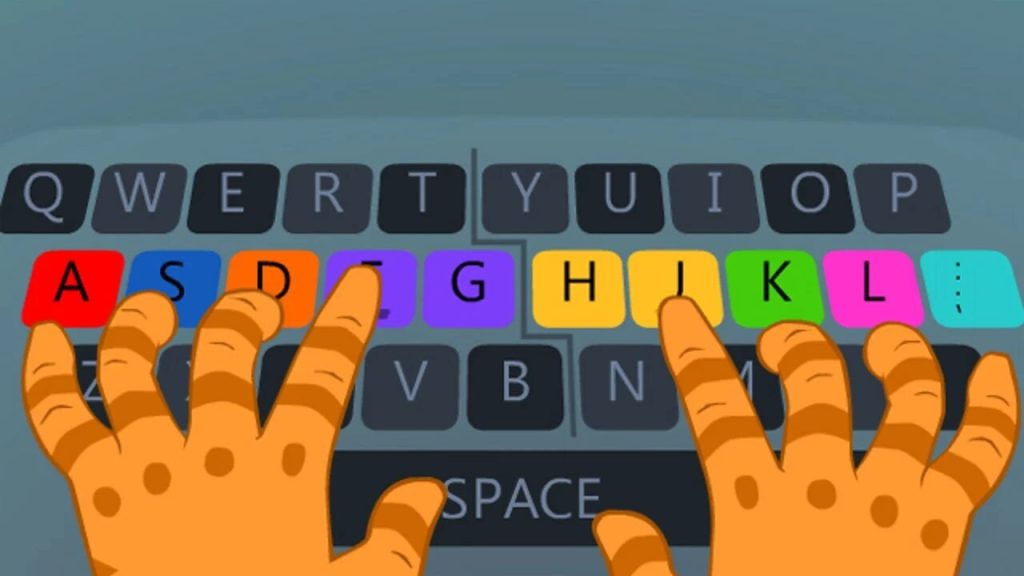In an increasingly digital world, the ability to type quickly and accurately is a valuable skill. One enjoyable and engaging way to improve typing proficiency is through typing games. These games not only enhance typing speed and accuracy but also offer significant benefits for reflexes and cognitive skills. In this article, we will delve into the science behind how typing games can improve reflexes and explore the cognitive benefits of this entertaining educational tool.
Improving Hand-Eye Coordination
Typing games often require players to type specific letters or words quickly and accurately to progress through the game. This activity necessitates a high level of hand-eye coordination, as players must constantly monitor the screen and respond accordingly with precise keystrokes. As individuals play typing games, their hand-eye coordination improves, leading to faster reflexes and enhanced fine motor skills.
Boosting Reaction Time
In many typing games, players must respond to on-screen prompts with speed and precision. This constant demand for rapid responses helps train the brain to process information more quickly and efficiently, ultimately improving reaction time. As players become more adept at typing games, their ability to react swiftly to new stimuli can also improve in other aspects of their lives.
Enhancing Cognitive Flexibility
Typing games often present players with various challenges, such as typing specific words, phrases, or patterns under time constraints or while navigating obstacles. This variety of tasks requires players to quickly adapt and switch between different cognitive processes, effectively improving cognitive flexibility. This skill is essential for problem-solving, decision-making, and adjusting to new situations in everyday life.
Increasing Working Memory Capacity
Working memory is responsible for temporarily holding and processing information during cognitive tasks. Typing games can help improve working memory capacity by requiring players to remember and type sequences of letters or words while simultaneously processing new visual or auditory stimuli. As players practice and improve their typing skills through these games, they may also experience an increase in working memory capacity, which can positively impact various cognitive functions.
Strengthening Visual and Auditory Processing
Typing games often involve both visual and auditory stimuli, such as letters, words, images, or sounds that players must quickly process and respond to. This multi-sensory, technological approach helps strengthen visual and auditory processing skills, enabling players to better interpret and react to information from their environment. Improved visual and auditory processing can lead to enhanced reflexes, as players become more adept at identifying and responding to various stimuli.
Reducing Stress and Promoting Relaxation
Engaging in typing games can also offer psychological benefits that indirectly contribute to improved reflexes. As individuals become immersed in these games, they may experience reduced stress and increased relaxation, creating an optimal environment for learning and skill development. When the brain is relaxed, it is better equipped to process new information and form connections, ultimately leading to improved reflexes and cognitive skills.
Encouraging Consistent Practice
The entertaining and engaging nature of typing games encourages consistent practice, which is crucial for developing and maintaining strong reflexes. As players invest time in these games, they can experience noticeable improvements in their typing speed, accuracy, and overall cognitive abilities. This consistent practice is essential for reinforcing and refining the neural pathways responsible for quick reflexes and efficient information processing.
Typing games offer a fun and effective way to improve reflexes and cognitive skills. Through consistent practice, players can experience enhancements in hand-eye coordination, reaction time, cognitive flexibility, working memory capacity, and visual and auditory processing. Additionally, the engaging nature of these games encourages relaxation and stress reduction, creating an optimal environment for learning and skill development. Whether for personal or professional growth, typing games provide an enjoyable method for honing valuable skills that can positively impact various aspects

